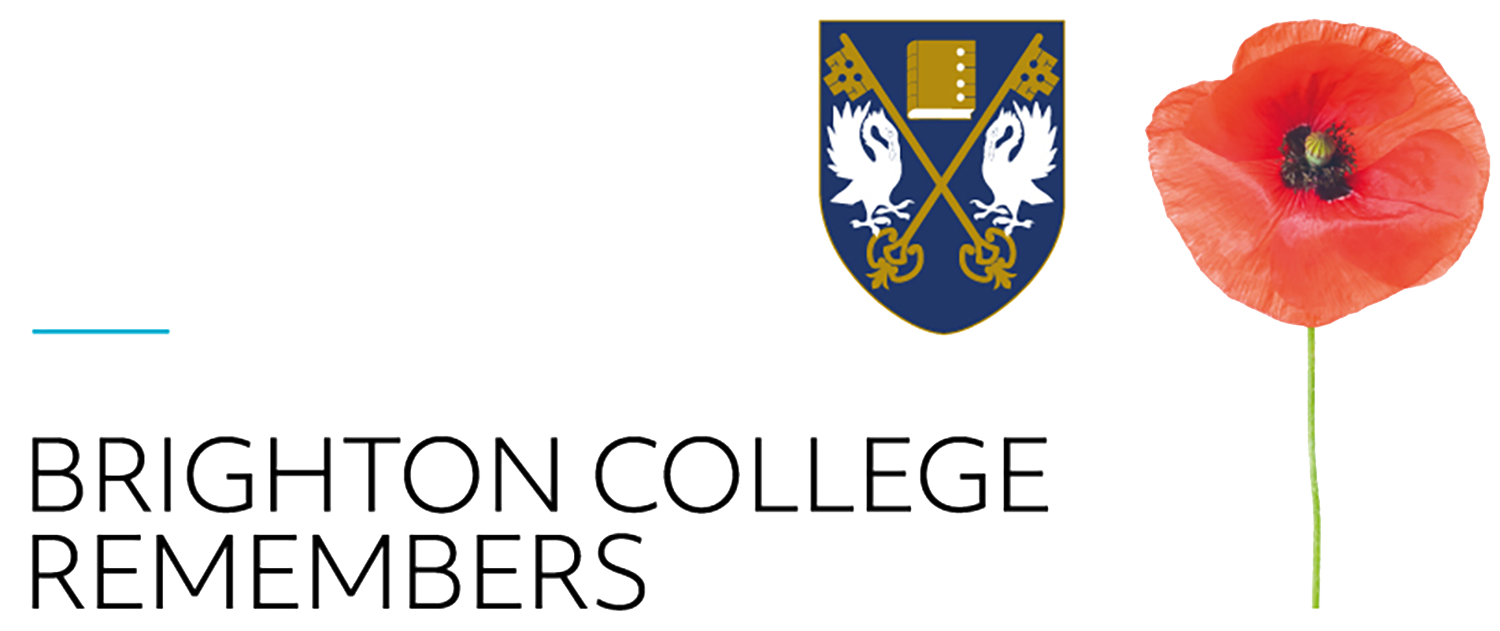We’d like to say a huge thank you to all our 4th Form families who have put so much time and energy into completing research this term. Many of you have got in touch to let us know you’ll be working on your projects over the break (when you’re not tucking into Christmas treats, of course!). To support this research, we thought we’d share a few more tips:
- Mr Usher, who is using your research to write a book, would love to learn more about the context of the person you are researching. For example, who their parents were, where they were born, and whether they got married. This information can be found using FreeBMB and the Commonwealth War Graves Commission’s website. Remember, Ancestry can also help you find these facts, and is free to access at school. We recently found some brilliant guides on how to make the most of their search features, which you might want to refer to.
- If you’re struggling to find personal information about your Old Brightonian, why not do a little research into their military career. We included basic military facts on the information sheet that was posted to you at the beginning of term: their rank and who they served with. We recommend typing these into Google to begin with. This may bring up military museums you can contact. If your Google search isn’t fruitful, try browsing the National Archives catalogue for military records, and looking through their helpful guides.
- Finally, don’t forget you can email our archivist, archives@brightoncollege.net, to book an appointment to complete research in the school’s archive. We hold a lot of material about Old Brightonians: register entries (which include ‘father’s occupation’ and ‘guardian’s address’), house photographs, sports photographs, reports in the school magazines, letters between families and the Head Master, etc.
Our archivist has really enjoyed helping families throughout Michaelmas term. Every Old Brightonian’s story is different: some had illustrious school careers, some went on to win medals, and others barely left a trace. Whatever information you find is more than we have known before, and goes a long way to commemorating a life cut short by war.

